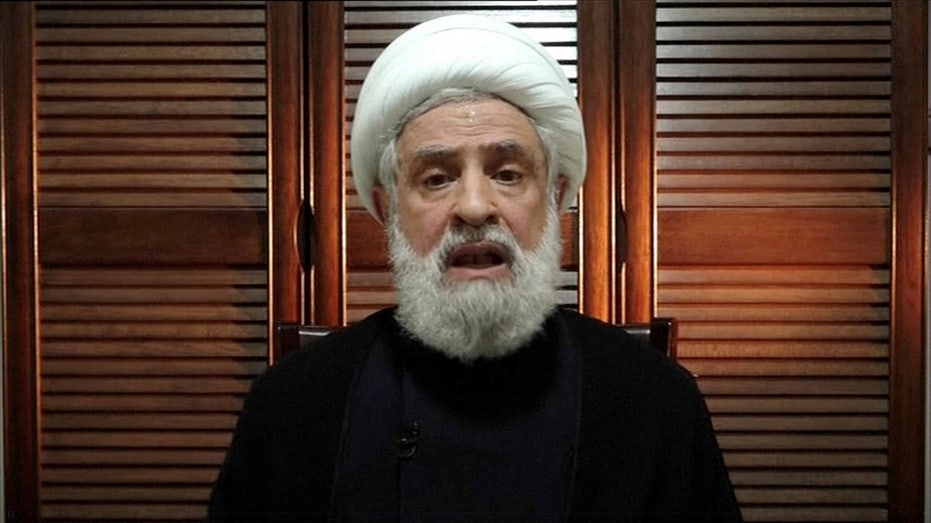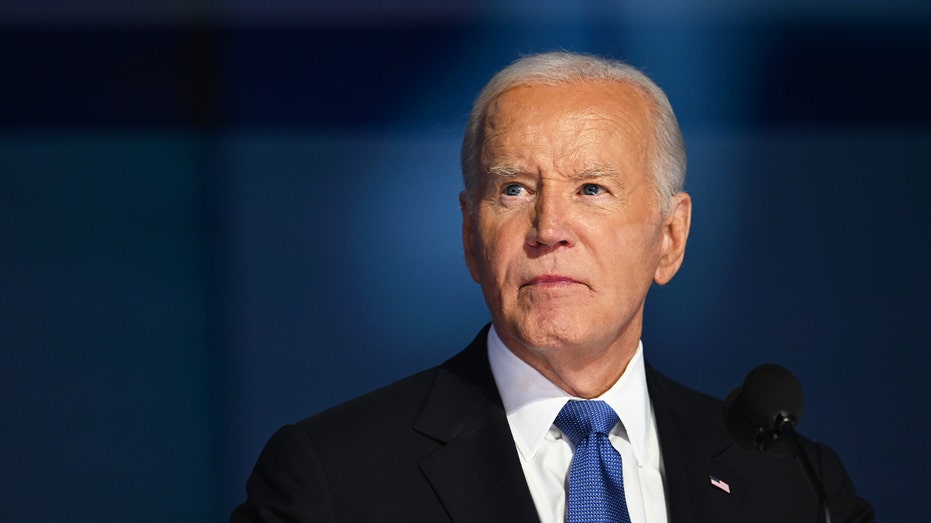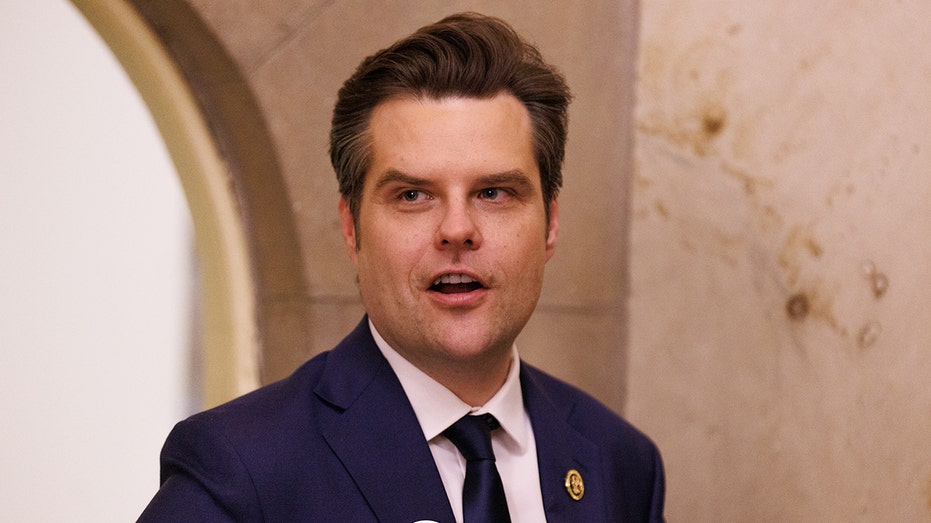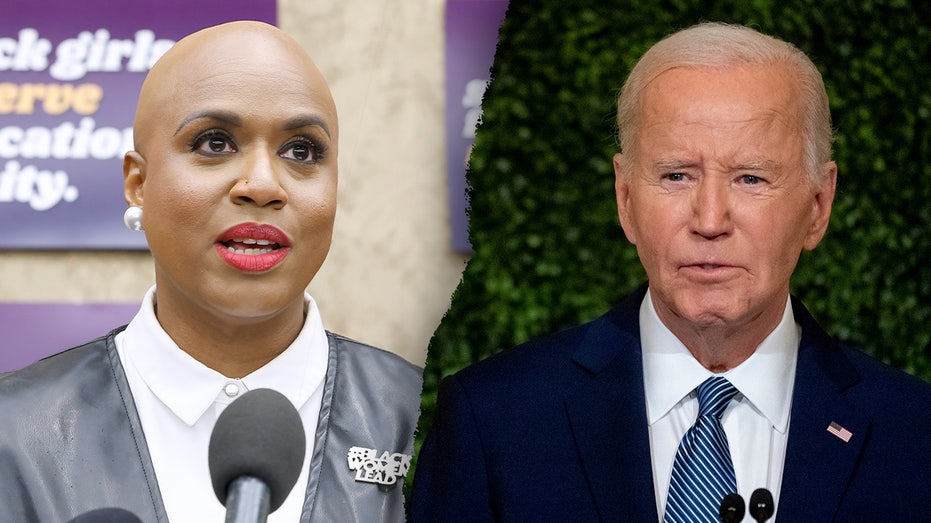Hezbollah lost its most important supply route from Iran through Syria with the fall of dictator Bashar al-Assad, the group’s chief admitted Sunday.
It was the first public acknowledgment of how upheaval in Syria had hurt the Iranian proxy, which had propped up Assad and is now fighting a war in Lebanon with Israel. Weapons to counter the Israeli campaign flowed from Iran through Syria and into Lebanon for Hezbollah.
“Yes, Hezbollah lost in this phase its military supply line through Syria, but this loss is merely a detail in the overall of the resistance,” said Naim Qassem in a televised address.
“The supply line might come back normally with the new regime, and we can always look for other ways, the resistance is flexible and can adapt,” he added.
Assad’s ousting jeopardized Syria’s close ties to Iran. Hayat Tahrir al-Sham (HTS), the group that led the overthrow of Assad, had lamented that Syria had become a “playground for Iran.” Hezbollah had fought off the rebel groups on Assad’s behalf.
TURKEY SEEKS TO PURGE PRO-US KURDISH FORCE THAT HELPED DEFEAT ISLAMIC STATE IN SYRIA
As it became clear Assad’s grip on power was coming undone, Hezbollah and Iran’s military forces made their exit from Syria.
Qassem took over as Hezbollah’s secretary general in October after its leader for three decades, Hassan Nasrallah, was killed in Israeli airstrikes south of Beirut. Hezbollah and Iran had long intervened on behalf of Assad in Syria’s 13-year civil war, but depleted by war with Israel, refused to come to his defense during the swift takeover of Damascus.
Israel has also used the chaos of Assad’s fall to destroy the Syrian army’s strategic and chemical weapons in more than 350 airstrikes across the country. And it has moved into the buffer zone that separates it from Syria – the first time the Golan buffer zone has seen Israeli forces since 1973.
Prime Minister Benjamin Netanyahu has said he is not interested in meddling in Syria’s domestic politics but is looking to protect Israel’s borders. “We have no interest in a conflict with Syria. We will determine Israeli policy regarding Syria according to the reality on the ground,” he said Sunday, adding Israel would continue to strike “as necessary, in every arena and at all times” to prevent the rebuilding of Hezbollah.
SYRIAN DICTATOR BASHAR ASSAD FLEES INTO EXILE AS ISLAMIST REBELS CONQUER COUNTRY
HTS, a former al Qaeda affiliate, has sought to portray itself as a moderating force in Syria, and the U.S. has been in direct contact with the leading rebel group. But Israel is leery of the group’s long-term intentions.
“The immediate risks to the country have not disappeared, and the latest developments in Syria are increasing the intensity of the threat – despite the moderate appearance rebel leaders are pretending to portray,” Israeli Defense Minister Israel Katz said on Sunday.
Hezbollah kicked up its cross-border attacks on Israel after Oct. 7, 2023, in support of Hamas, another Iranian proxy. Since late November, the cease-fire has mostly held, despite some Israeli airstrikes against Hezbollah operatives.
Qassem defended his decision to stick to the cease-fire, saying it did not mean the end of Hezbollah’s “resistance,” but was necessary to “stop the aggression” of Israel in Lebanon.
Latest Political News on Fox News Read More




